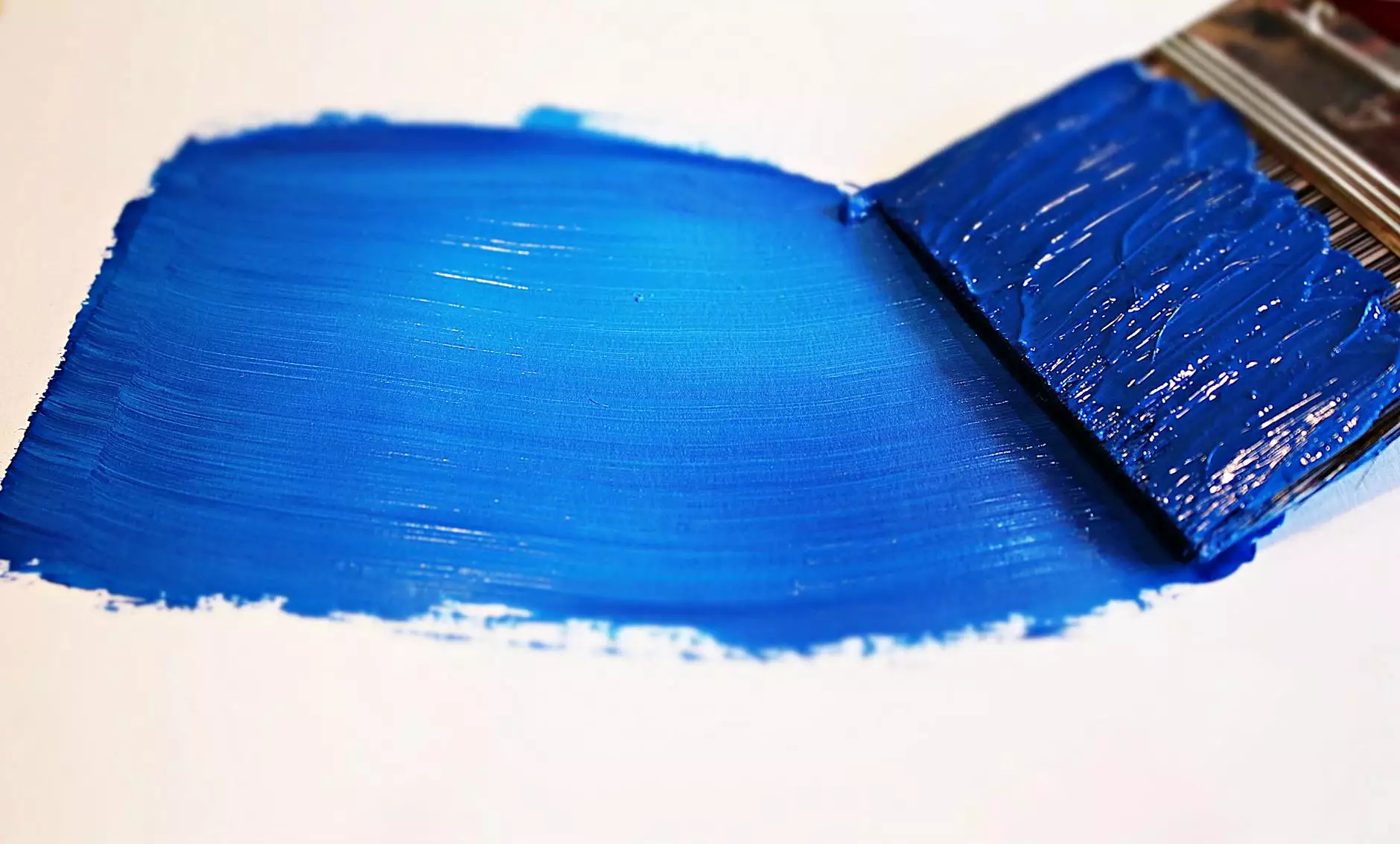Understanding Equine Injections: A Comprehensive Guide for Horse Owners

Equine injections play a crucial role in maintaining the health and performance of horses. As horse owners, understanding the types, benefits, and best practices surrounding equine injections can significantly impact your horse’s well-being and athletic prowess. This article delves deeply into the various aspects of equine injections, ensuring you're well-equipped to make informed decisions for your horse.
The Importance of Equine Injections
In the world of equine care, injections are not merely a routine treatment; they are vital tools used to prevent, diagnose, and treat a range of health issues. Here are several key reasons why equine injections are important:
- Preventive Care: Vaccinations given via injection protect horses from common and potentially fatal diseases.
- Treatment of Illness: Injectable medications can treat infections, inflammatory conditions, and more.
- Pain Management: Corticosteroids and analgesics administered via injection can alleviate pain and improve mobility.
- Performance Enhancement: Some injections help maintain optimal performance levels in competitive horses by aiding recovery and reducing the risk of injury.
Types of Equine Injections
Equine injections can be categorized based on their purpose and the type of medication administered. Here are the primary categories:
1. Vaccinations
Vaccines are essential in preventing diseases such as:
- West Nile Virus
- Eastern and Western Equine Encephalomyelitis
- Tetanus
- Equine Influenza
2. Therapeutic Injections
These are injectables used to treat existing conditions. Examples include:
- Antibiotics: Used to treat bacterial infections.
- Non-steroidal anti-inflammatory drugs (NSAIDs): Used to alleviate pain and inflammation.
- Hormonal Treatments: Administered for reproductive health or to manage certain conditions.
3. Joint Injections
Intra-articular injections can help manage joint pain and inflammation. Common injections include:
- Hyaluronic Acid: A natural lubricant for the joints.
- Corticosteroids: Powerful anti-inflammatory agents.
- Platelet-Rich Plasma (PRP): A regenerative treatment derived from the horse's own blood.
Best Practices for Administering Equine Injections
When it comes to administering equine injections, it's critical that horse owners or veterinary professionals adhere to best practices to ensure safety and efficacy:
1. Consultation with a Veterinarian
Always consult with a qualified veterinarian before administering any injections. They can recommend the best treatment plan based on your horse's specific needs and health status.
2. Proper Technique
It's vital to follow correct injection techniques, which include:
- Site Selection: Choose appropriate injection sites such as the neck or hindquarters.
- Needle Sterility: Use sterile needles and syringes to prevent infections.
- Technique: Alternate between intramuscular and subcutaneous injections as indicated by the vet.
3. Post-Injection Care
After administering an injection, monitor your horse for any adverse reactions or signs of discomfort. Proper aftercare can help ensure a smooth recovery.
Benefits of Regular Equine Injections
Regular administration of equine injections provides numerous benefits that contribute to the overall health and performance of your horse. These benefits include:
1. Enhanced Immunity
Regular vaccinations boost your horse's immune system against infectious diseases, significantly reducing the risk of illness.
2. Improved Performance
Injections used for pain management and muscle recovery enable horses to perform at their best, particularly in competitive settings.
3. Early Detection of Health Issues
Frequent consultations for injections may lead to the early detection of health problems, allowing for quicker intervention and treatment.
Potential Risks and Side Effects of Equine Injections
While equine injections generally promote health, there are potential risks and side effects to be aware of:
- Injection Site Reactions: Swelling, tenderness, or heat at the site of injection can occur.
- Allergic Reactions: Some horses may exhibit allergic responses to certain vaccines or medications.
- Infection: If sterile techniques are not followed, there is a risk of injecting bacteria, leading to infections.
Equine Injection Myths Debunked
It's important to address some common myths surrounding equine injections to ensure horse owners are well-informed:
Myth 1: All Injections are Painful
While some discomfort may occur, many injections are relatively painless and can prevent much worse suffering from untreated conditions.
Myth 2: Vaccination Isn't Necessary for Indoor Horses
Even indoor horses are at risk for outbreaks. Vaccination is essential for all horses, regardless of their living conditions.
Myth 3: You Can Administer Injections Without Professional Help
Improper techniques can lead to severe consequences; it is always best to work with a veterinarian.
Conclusion
In conclusion, understanding equine injections is fundamental for any horse owner dedicated to providing the best care for their equine companions. By staying informed about the types of injections, their benefits and risks, and best practices, you can significantly enhance your horse's health and performance. For more information and resources, visit racehorsemedcare.com, where we provide comprehensive insights and products for optimal horse care.
Further Reading and Resources
If you’re interested in deepening your knowledge of equine health and veterinary practices, consider these resources:
- Blog on Equine Health Tips
- Detailed Guide on Equine Injections
- Veterinary Services Offered









